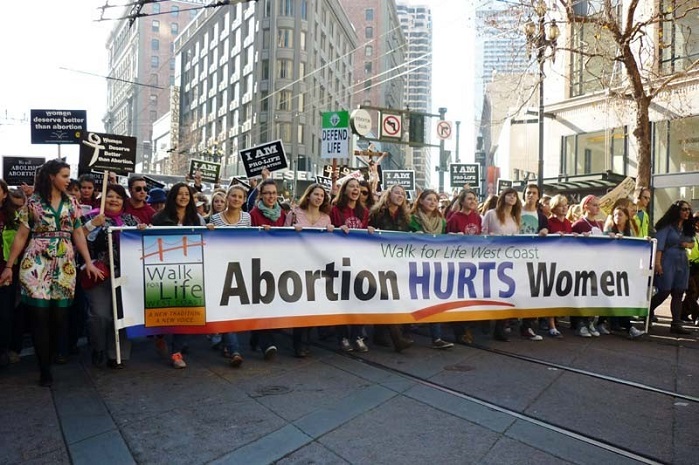I read back-to-back articles this morning under the competing headlines “The Supreme Court Once Again Has a Chance to Check Abortion Radicalism” and “Fear and confusion over abortion access persists as SCOTUS takes its first post-Dobbs case.” They were both talking about mifepristone, the first of the two drugs that is now used in over half of the abortions performed in the United States, but come to wildly different conclusions.
The latter, written by pro-abortion partisans Kelcie Moseley-Morris and Sofia Resnick, is intended to make all right-minded people indignant because they are merely asking for unlimited access to the “safer than Tylenol” abortion pill.
A typical quote?
Dr. Erin Berry, an OB-GYN in Seattle who works at 15 Planned Parenthood clinics around the West, said it’s hard to sit with the idea that nine judges are making a decision about the medical science and safety of a drug.
“That’s just unprecedented, they are not to be the experts in that, and them getting to have a say on that, that’s a big deal to me,” Berry said. “And it has implications on all of our lives.”
And besides how dare anyone question the competence and objectivity of the FDA? Judge Ho was part of the three-judge 5th circuit court of appeals which sharply curtailed but did not invalidate the FDA’s 2000 approval. (He would have.) Judge Ho wrote
By the applicant’s own admission, the FDA used an unlawful procedure when it approved mifepristone. And the agency’s later regulations are likewise invalid—both under the APA as the majority outlines, and under the Comstock Act as well. In sum, the regulations are “not in accordance with law” and therefore must be set aside. Accordingly, we should affirm.
Click here to sign up for pro-life news alerts from LifeNews.com
His biting conclusion?
Scientists have contributed an enormous amount to improving our lives. But scientists are human beings just like the rest of us. They’re not perfect. None of us are. We all make mistakes. And the F.D.A. has made plenty.
How about the former article, written by Ryan Bangert, for National Review Online?
His first sentence is “The justices will review the FDA’s decision to gut safeguards regarding the use of a chemical-abortion drug”—mifepristone. That really is the real substance of the disagreement: the former argues mifepristone is safe/safe/safe, the latter looks at the outcome of cavalierly eviscerating protocols intended to protect women’s health: more than two dozen deaths and thousands of “adverse events.”
The original lawsuit was brought by the Alliance Defending Freedom on behalf of pro-life medical organizations and four doctors who say they have treated women with mifepristone. Judge Matthew J, Kacsmaryk held “that both the initial approval of the pills in 2000 as well as more recent FDA decisions allowing them to be prescribed via telemedicine, sent by mail and dispensed at retail pharmacies, are unlawful,” Politico’s Alice Miranda Ollstein wrote.
I’m going to quote two paragraphs from Bangert because they nicely summarize the direction this battle has taken since:
On August 16, the U.S. Court of Appeals for the Fifth Circuit issued its latest ruling in the Alliance Defending Freedom case Alliance for Hippocratic Medicine v. U.S. Food and Drug Administration. The court found that the FDA likely acted illegally in its 2016 elimination of several longstanding safeguards governing the prescription and administration of the chemical abortion drug mifepristone, and in its 2021 complete removal of any requirement that patients see a certified prescriber at all before or after ingesting the drug. The court found the FDA made these changes without properly studying their effect on women’s health and safety. On December 13, the Supreme Court agreed to hear the case before its current term ends in June 2024.
The upshot is that the Fifth Circuit’s decision will, if allowed to stand, reinstitute the same prescribing rules in place throughout all but the final year of the Obama administration.
The Supreme Court will hear the case and probably hand down its decision in June.
By the way, Gallup asked the following question: “Do you, personally, favor or oppose allowing Mifepristone, the abortion pill, to be available in the United States as a prescription drug.”
The results? 37% in favor versus 59% who opposed!
LifeNews.com Note: Dave Andrusko is the editor of National Right to Life News and an author and editor of several books on abortion topics. He frequently writes Today’s News and Views — an online opinion column on pro-life issues.








